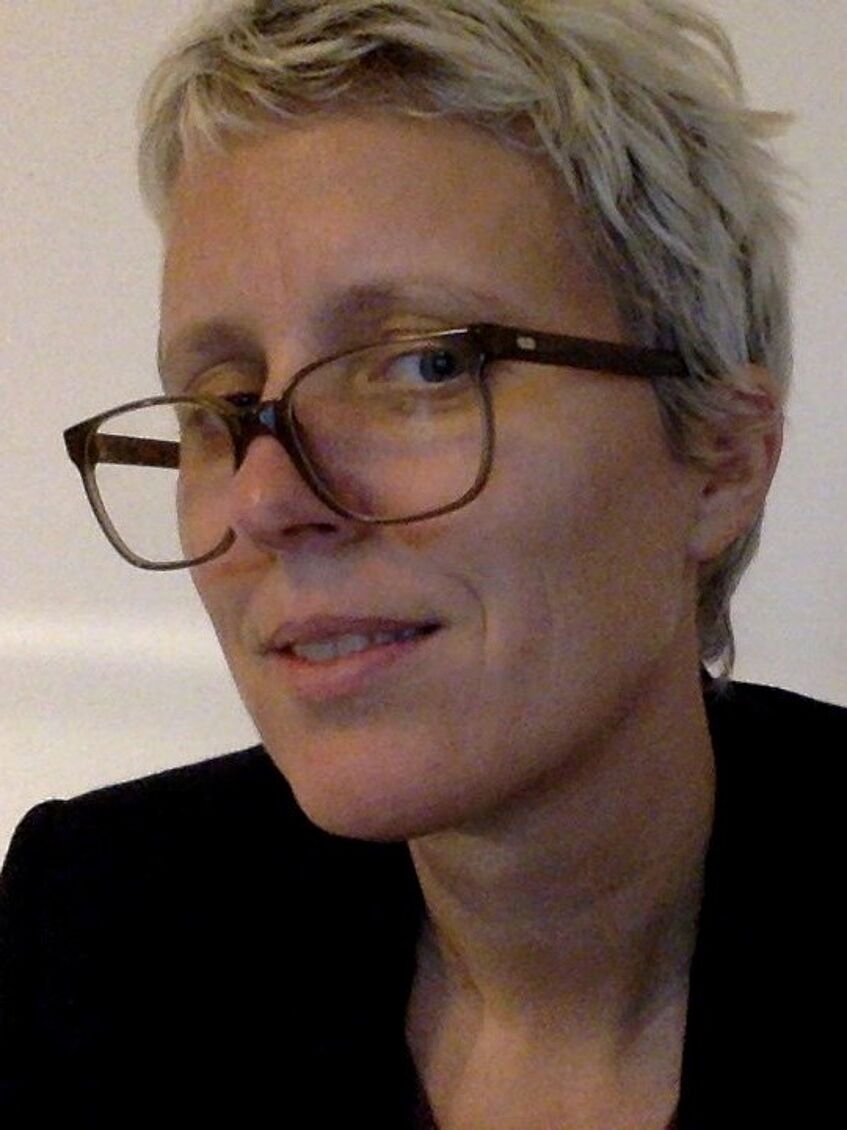Mag.a Dr.in Katja Mayer
Biography
Katja Mayer is a sociologist and works at the interface of science, technology and society. Since 2019, she is working as senior postdoc with the Elise Richter Fellowship (FWF) at the Department of Science and Technology Studies at the University of Vienna. Her research focuses on the interaction between social science methods and their public spheres.
As part of her postdoc position at the Professorship of Computational Social Science and Big Data, she established the field of "Critical Data Studies" at TU Munich.
Her research focus is on the cultural, ethical and socio-technical challenges at the interface of computer science, social sciences and society. Data is treated less as a new raw material, but as a highly variable and fragile phenomenon. In the context of data-driven decision-making, data are not considered as "given", but the way we collect, transform, analyze, and trust data is up for discussion.
In addition, Katja also works as Senior Scientist at the Center for Social Innovation in Vienna. Until recently she was Associate Researcher at the University of Vienna's research platforms "Governance of Digital Practices" and "Responsible Research and Innovation in Scientific Practice". For many years she has been teaching Sociology, STS and Web Sciences at the University of Vienna, the Danube University Krems, the University of Art and Design Linz and the University of Lucerne. She was a visiting fellow at the School of Computer Science at Carnegie Mellon University (USA). Moreover, she was a member of the core team of the Open Access Network Austria (OANA), co-heading the working group "National Strategy for the Transition to Open Science". In the years 2011-2013 she was a research fellow of the President of the European Research Council (ERC).
Publications
Space Debris Sustainability: Understanding and Engaging Outer Space Environments
- Author(s)
- Michael Chlormann, Nina Klimburg-Witjes
- Abstract
This chapter outlines the implications of the risk configurations when it comes to public participation as well as possible ways of shaping a societally inclusive way to address the challenge of space debris. It argues that space debris is increasingly understood as a sustainability challenge with orbital environments needing to be sustained and protected from further congestion. Space has become a place where sustainability is increasingly negotiated as an issue of security, as billions of people around the world rely on space systems to facilitate their daily life, from navigation to environmental services, from science to communication, crisis response, banking, and transport. Paying attention to security concerns as well as specific ecological status of outer space environments, the chapter outlines possible avenues to painting a better picture of space debris’ role in contemporary public and policy debates. Bringing to the table a perspective influenced by Science and Technology Studies, it highlights space debris to be bidirectional risk phenomenon.
- Organisation(s)
- Department of Science and Technology Studies
- No. of pages
- 14
- Publication date
- 2020
- Peer reviewed
- Yes
- Austrian Fields of Science 2012
- 509017 Social studies of science
- Keywords
- Portal url
- https://ucrisportal.univie.ac.at/en/publications/1a1426e1-662c-4422-b6e1-672485fda7cf

